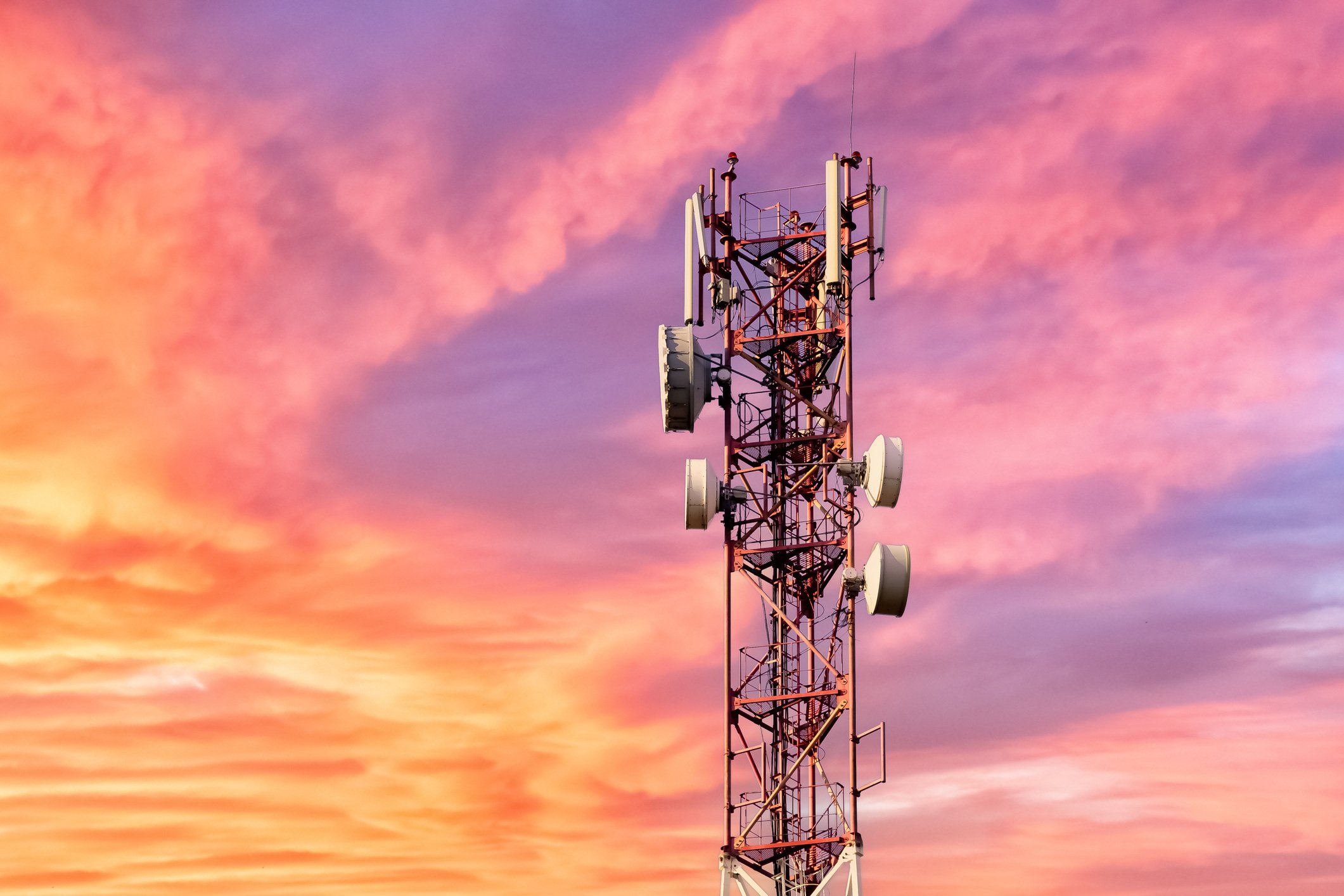
- April 2025 (1)
- March 2025 (2)
- February 2025 (1)
- December 2024 (2)
- November 2024 (2)
- August 2024 (2)
- June 2024 (3)
- May 2024 (3)
- April 2024 (1)
- March 2024 (3)
- February 2024 (2)
- January 2024 (2)
- December 2023 (1)
- November 2023 (2)
- October 2023 (2)
- September 2023 (1)
- August 2023 (1)
- July 2023 (2)
- June 2023 (3)
- May 2023 (2)
- April 2023 (1)
- March 2023 (4)
- February 2023 (1)
- January 2023 (2)
- November 2022 (2)
- October 2022 (1)
- September 2022 (1)
- August 2022 (2)
- July 2022 (2)
- June 2022 (2)
- May 2022 (1)
- April 2022 (3)
- March 2022 (1)
- February 2022 (3)
- January 2022 (2)
- December 2021 (1)
- November 2021 (1)
- October 2021 (2)
- September 2021 (3)
- August 2021 (1)
- July 2021 (4)
- June 2021 (1)
- May 2021 (2)
- April 2021 (2)
- March 2021 (2)
- February 2021 (3)
- January 2021 (3)
- December 2020 (1)
- October 2020 (1)
- August 2020 (1)
- August 2019 (1)
- January 2019 (2)
- September 2018 (5)
- June 2018 (1)
- November 2017 (1)
- September 2017 (1)
- July 2017 (1)
- May 2017 (1)
- January 2017 (1)
- October 2016 (2)
- August 2016 (1)
- July 2016 (1)
- June 2016 (1)
Subscribe by email
As you explore cellular connectivity solutions, finding a partner equipped to help your business grow is crucial. MNOs, MVNOs, MVNEs, and MVNAs are all vital players in wireless connectivity, but understanding their distinct yet related functions can seem complex. And some providers, like Zipit, don’t fit neatly into one group but offer a blend of connectivity and service options that we can customize for your unique IoT or business applications. In this guide, we'll discuss the roles and relationships between MNOs, MVNOs, MVNEs, and MVNAs and their impact on the connectivity landscape. We’ll also explore how to choose the best type of connectivity partner for your needs and what characteristics to prioritize.
What is an MNO?
A Mobile Network Operator (MNO) is the 'landlord' of the cellular network. MNOs own and operate the critical infrastructure that enables cellular communication. This infrastructure includes the network spectrum (invisible radio frequencies for cellular signals) and the physical telecom infrastructure, such as cell towers and switching centers. MNOs build and maintain these networks, which allows them to sell cellular services directly to end users, enterprises, and other cellular providers. Over time, some specialist companies, like American Tower and Crown Castle, have taken over the ownership and maintenance of the physical tower infrastructure on behalf of MNOs.
Accessing an MNO’s network requires a SIM card with a unique International Mobile Subscriber Identity (IMSI) number. This IMSI is a key that identifies the user and permits them to connect to the MNO's network.
What is an MVNO?
MVNOs (Mobile Virtual Network Operators) are service providers who resell cellular data purchased in bulk from MNOs. They buy data at wholesale rates from MNOs and repackage it into customized plans and service offerings for their customers. Traditionally, MVNOs do not own network infrastructure but leverage existing infrastructure from MNOs, allowing them to bypass the hefty costs of building and maintaining their own network.
In some IoT cases, MNVOs do have their own core network. They don’t own the cell towers but source their networks from MNOs and then route the network traffic to their own data centers. For OEMs and end-users, where the connectivity stems from is indistinguishable. This “black box” approach can sometimes cause challenges when troubleshooting device connectivity issues.
MVNOs are adept at identifying and serving niche markets that larger MNOs might overlook and can tailor plans to specific needs and industries.
Learn more: Streamline Cellular Activations & Invoicing with the Zipit Connectivity Management Platform
MVNO data plans from Zipit
In addition to offering a variety of subscription data plans, Zipit’s relationships with multiple MNOs allow us to provide a variety of connectivity options that solve many key customer challenges that an MNO may not be able to provide.
A single MNO may or may not have the direct relationships with the carriers to provide permanent use of the network (i.e., permanent roaming). They may also have limitations on plan sizes or network types supported. For example, it is possible to use a locked-down handset or tablet in an IoT use case, but some carriers prohibit other carriers from roaming onto their networks with those devices. Because of our carrier relationships, we can obtain approval for those devices from carriers like Verizon.
Consumer MVNOs vs. IoT MNNOs
Consumer MVNOs primarily focus on providing mobile services to individual consumers, offering voice, text, and data plans tailored to personal communication needs. These MVNOs often compete based on pricing, network coverage, and value-added services aimed at individual users.
In contrast, IoT MVNOs specialize in catering to the unique requirements of IoT deployments, offering connectivity solutions optimized for machine-to-machine communication and IoT applications. These MVNOs prioritize factors such as scalability, reliability, security, and specialized support services tailored to IoT use cases, including asset tracking, smart metering, industrial automation, and remote monitoring.
Unlike consumer-focused MVNOs, IoT MVNOs often offer flexible pricing models, customizable plans, and advanced features such as bulk device provisioning, real-time data analytics, and seamless integration with IoT platforms.
What is an MVNE?
MVNEs (Mobile Virtual Network Enablers) don't directly provide cellular connectivity to end users but focus on delivering the essential tools and services that MVNOs need to operate efficiently. They offer billing systems that allow MVNOs to manage customer accounts, track data usage, and generate invoices. They may also provide a user-friendly platform for MVNO customers to manage their accounts and top up data. MVNEs may also handle the activation and configuration of SIM cards on behalf of MVNOs.
What is an MVNA?
An MVNA (Mobile Virtual Network Aggregator) is a single entity that aggregates several smaller MVNOs under one roof. This collective approach grants MVNAs significant negotiating power with MNOs. By representing a larger pool of potential MNO customers, MVNAs can secure more favorable bulk pricing for cellular network access.
MNO, MVNO, MVNE, and MVNA comparison
MNOs and MVNOs directly service clients by providing connectivity solutions. On the other hand, MVNEs and MVNAs serve the needs of MVNOs, acting as facilitators and service providers.
- MNOs create the physical cellular network and sell access to businesses and consumers.
- MVNOs buy cellular access in bulk from MNOs and offer it to businesses with specific IoT needs.
- MVNEs offer essential infrastructure and expertise to MVNOs, enabling them to streamline operations and deliver seamless connectivity solutions to their customers. They provide billing systems, track data usage, generate invoices, and activate SIM cards for MVNOs.
- MVNAs act as a bridge between MVNOs and MNOs, negotiating better deals for MVNOs by combining their buying power.
How to choose between an MNO and MVNO for IoT applications
1. Cost and flexibility
- MNOs generally offer a wide range of data plans, but may not be able to offer a cost-effective solution on another MNO’s network. It may be more economical to obtain a solution through an MVNO that has greater flexibility in customizing data plans to fit unique use cases.
- MVNOs often excel in providing flexible data plans tailored to IoT devices' specific data usage patterns. They can offer cost-effective features like tiered data pricing or low-power connectivity modes. Flexible pricing models allow you to choose data plans tailored to your IoT devices' specific needs and usage patterns so you don't overpay for data your devices don't use.
2. Scalability
- MNOs can handle large-scale deployments needing extensive network coverage. They have the infrastructure to handle significant numbers of connected devices.
- MVNOs are an excellent choice for both small and large deployments. With streamlined processes and pre-built infrastructure offered by MVNOs, you can bring your product to market faster and maximize your return on investment. By leveraging the extensive reach of MNO networks, MVNOs like Zipit can provide seamless connectivity for your devices no matter where they operate globally.
3. Support
- MNOs typically offer robust customer support structures, but these may be geared towards traditional mobile phone users and not necessarily tailored to the specific needs of IoT deployments.
- MVNOs can provide more personalized and responsive support focused on the intricacies of IoT connectivity. They may also offer dedicated support teams with expertise in IoT applications.
4. Services
- MNOs may offer value-added services like network security solutions or device management tools for an additional cost.
- MVNOs specialize in providing comprehensive service packages specifically designed for IoT applications. For example, Zipit provides a robust connectivity management and subscription billing platform to help you monetize your devices beyond the initial sale and transform connectivity from a cost of doing business into a recurring revenue stream.
Learn more: 10 Key Features of an IoT Connectivity Management Platform
5. Data needs
- MNOs can be a good choice for high bandwidth needs or real-time data transmission because they offer high data allowances.
- MVNOs are well-equipped to offer plans for moderate or low data usage needs. However, unlike most MVNOs, Zipit cultivates direct relationships with many Tier-1 MNOs to give you access to more data plans, including high bandwidth options suited for specific needs like Fixed Wireless Access (FWA) or Business Internet. Our extensive network of MNO partners allows us to offer a broader range of solutions to meet your unique IoT data requirements.
Learn more: How to Cost-Effectively Manage IoT Data Plans
Cover all your wireless needs with Zipit as your MVNO, MVNE, and MVNA
At Zipit, we understand the complexities of navigating the cellular connectivity landscape for IoT applications. That's why we go beyond simply being a standard MVNO. Our unique role as MVNO, MVNE, and MVNA allows us to deliver a comprehensive suite of services to streamline your operations and ensure seamless connectivity for your IoT devices.
MVNO expertise
We provide competitive data plans tailored to your specific IoT needs, ensuring cost-effectiveness and optimal performance.
Global roaming SIM or multi-carrier SIM options
Choose the right SIM solution for your specific needs, whether seamless global connectivity or flexibility across multiple networks.
High-usage data plans
Move beyond basic cellular connectivity with Zipit's high data plans, perfectly suited for Fixed Wireless Access and Business Internet applications.
MVNE infrastructure
Our robust platform streamlines operations and handles billing, SIM management, and user provisioning so you can focus on innovation.
Connectivity management and billing platform in one
Efficiently manage your connectivity needs with Zipit's all-in-one platform, integrating robust connectivity management tools with a user-friendly billing system for streamlined operations.
Flexible subscription billing
Accommodate diverse data usage patterns and optimize costs for your IoT devices without sacrificing flexibility with our subscription billing.
Global Merchant of Record
Simplify global deployments with Zipit as your Merchant of Record, handling complex tax regulations on your behalf so you can focus on your core business.
MVNA power
Zipit is a reseller of the top tier MNOs globally. We leverage our established relationships with leading MNOs, offering global scalability and ensuring seamless connectivity for your IoT devices worldwide. You can manage connectivity from multiple carriers through a single platform easily.
Wireless connectivity from Tier 1 MNOs
Benefit from our established partnerships with leading mobile network operators, ensuring unparalleled network reach and global coverage for your connectivity needs.
Whether you require a reliable MVNO partner or the essential billing and administrative infrastructure of an MVNE, Zipit has you covered. Ready to grow your IoT business? Let's discuss how Zipit can help you achieve your goals.
You may also like:
Related Content
The latest IoT insights and platform updates from Zipit.
IoT devices need flexible network technologies optimized for low-power application...
Every cellular-based IoT device relies on a public or private Access Point Name (A...
The network an IoT device selects significantly impacts the strength and reliabili...



